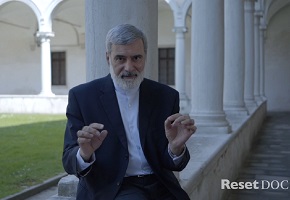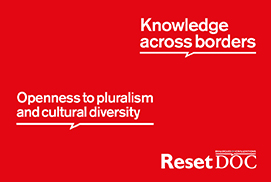Seated in the hall of a five-star hotel close to the seafront in Jeddah, I wait for four local activists. All from wealthy and well-educated families, these four women are politically informed and represent a social change movement in Jeddah, a city that is in many ways well ahead of others. Passing through this city on their ritual pilgrimage to Mecca and Medina, millions of believers have left a strong imprint here. For centuries innumerable pilgrims arrived in Jeddah by ship on their travels to Islam’s holy places. Nowadays they mainly arrive by plane, but some still travel by ship or by bus. The hajj – as the pilgrimage to Mecca is called – is one of five fundamental obligations for Muslims, and every Muslim should travel to Mecca once in his or her lifetime if his financial and physical conditions allow it. This is why Jeddah is different to other Saudi Arabian cities and visitors quickly realise that some of the pilgrims who arrived in the city over the centuries settled here.



